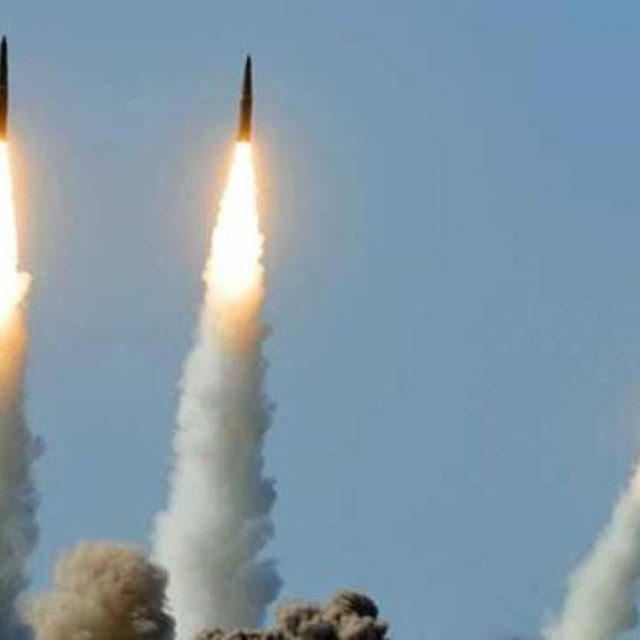Photo by Adrian Dascal on Unsplash
The European Union often appears caught up focusing on age-old disputes and losing touch with the evolving global landscape. The major countries in Europe seem content to spend their days haggling over financial matters, rather than adapting to new geopolitical and economic realities. A notable transformation has occurred in Eastern Europe however, where nations once considered “backward” have matured and now demand recognition as equals on the European stage, due to their recent economic growth and reforms accomplished in key areas.
The recent disagreement over Schengen between Austria and the Netherlands on one hand, and Romania and Bulgaria on the other, serves as a compelling case study of short-sighted policies that fail to anticipate a future brimming with economic opportunities.
While Austria’s veto on Schengen enlargement can be seen as a predictable manoeuvre to retain political leverage, it risks jeopardizing Austria’s long-term economic and political prospects in the Eastern European region.
Although the Schengen issue will eventually find a resolution, Romania and Bulgaria may not quickly forget the diplomatic unjust affront. And while the reputation of the Austrian government has suffered considerably in recent years, culminating during the Russian invasion of Ukraine through its questionable ties to Russia, Romania and Bulgaria have strengthened their reputations, exemplified including by their strong solidarity with Ukrainian refugees during the unfolding Russian war.
Depriving Austrian investors of the burgeoning economic potential and financial predictability in Romania and Bulgaria would be an unfortunate outcome. Whereas the Austrian economy has somewhat stagnated, these countries are experiencing robust economic growth, boasting strong consumer confidence and growing purchasing power. Coupled with a new generation of professional politicians and pragmatic business leaders, the Eastern European landscape is poised for a prosperous future.
Austria’s policies should also anticipate the complex strategic positions that its companies may be forced into. Strained bilateral relations can negatively impact present-day business, while simultaneously obstructing Austrian interests in future projects, particularly in the energy sector, as Romania and Bulgaria hold the potential to become an alternative energy hub within the EU, spanning gas, wind, and renewables. While Austria is trying to find alternative sources to its dependency of Russian gas, the decision to block Schengen extension is counterproductive since Romania plans to exploit its gas resources in the Black Sea in collaboration with the Austrian company OMV.
Furthermore, Austria should consider the evolving security dynamics in the Black Sea region, where Romania and Bulgaria are likely to play increasingly vital roles. Conversely, these Eastern countries could serve as vital links to Moldova and Ukraine within the EU due to their shared experiences and cultural similarities. In an environment marked by growing challenges and instability, unity within the EU is paramount.
Ultimately, the European Union should refocus on its fundamental principles of unity based on common values and shared economic opportunities. Instead of clinging to the past and purposeless rivalry, EU member states should embrace the dynamic possibilities of the future and work together to create a truly unified community that thrives in a rapidly changing world.




